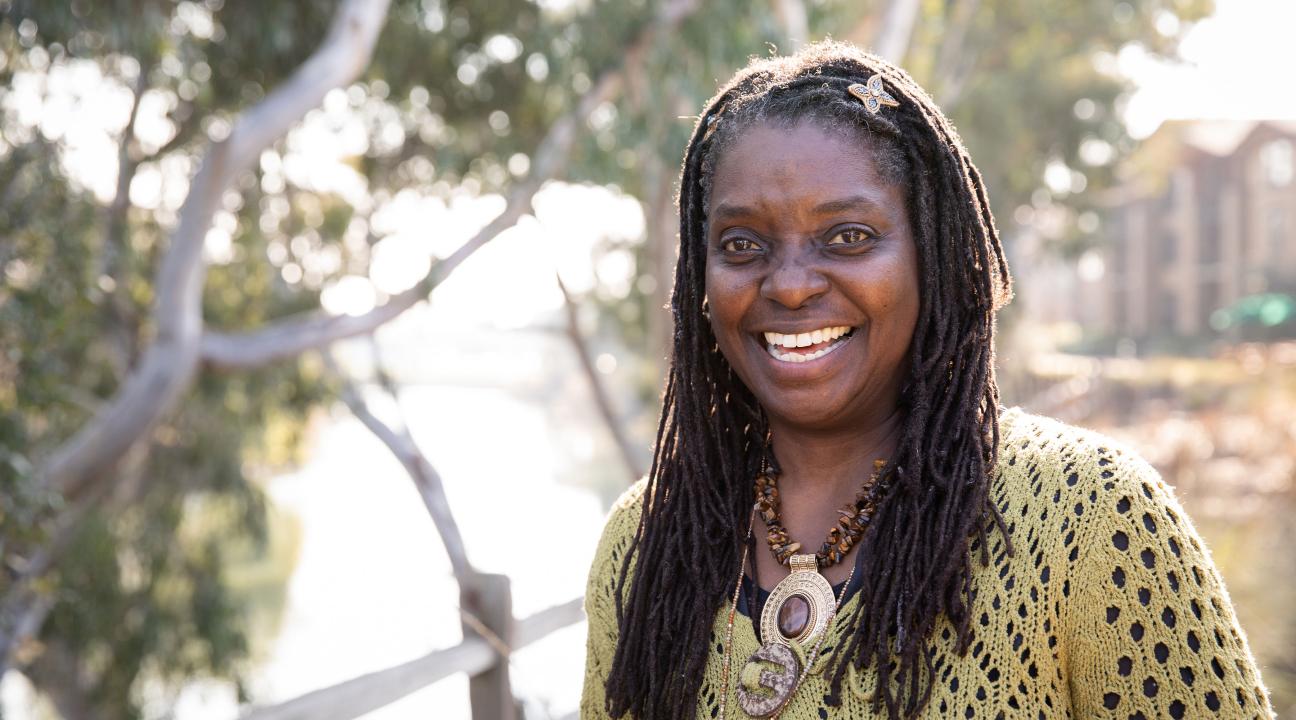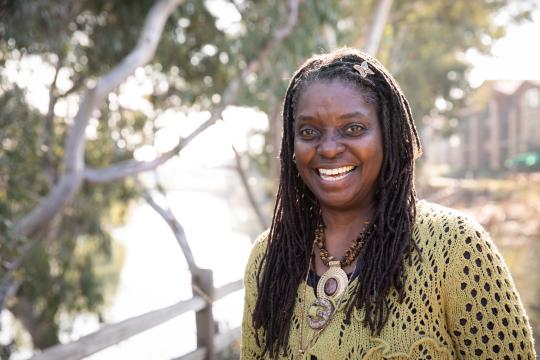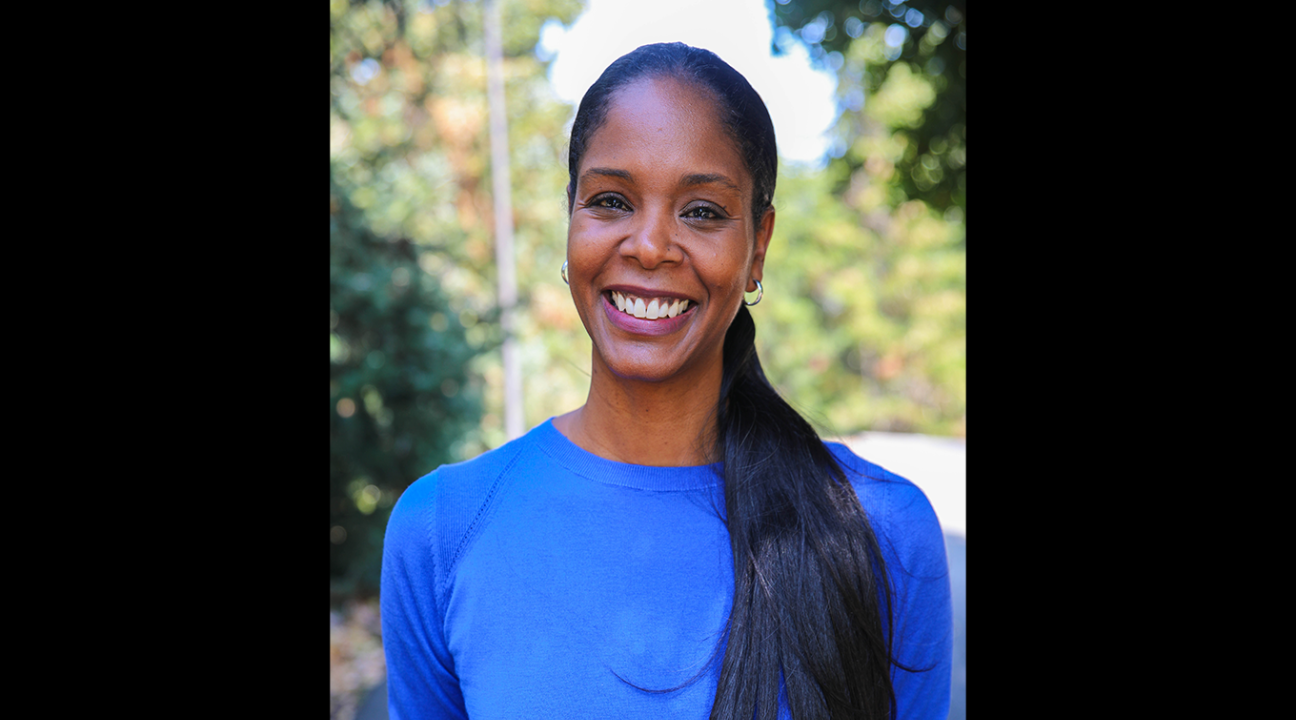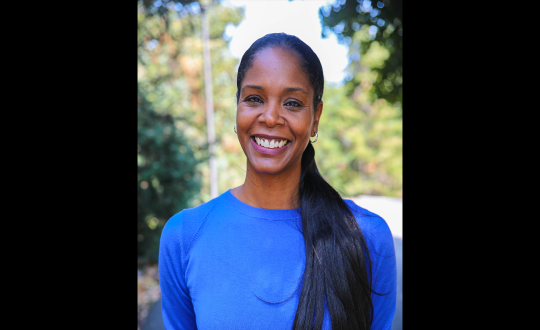Recommended books and films about the Black experience in America by Sonoma State professors
By Nate Galvan | [email protected]
Due to the country's current conversations around systemic racism and the continued disenfranchisement of Black people in America, professor Dr. Kimberly Hester Williams and former SSU professor Dr. Christina Baker recently spoke with Sonoma Magazine about their recommendations of books and films pertaining to the Black experience in America.
Williams, a professor in English Literature and American Multicultural Studies, and Baker, who is now an associate professor of Critical Race and Ethnic Studies at UC Merced, said books and film can allow people a greater perspective of people and society, especially those in disadvantaged communities.
Williams said the books she recommended are important at this time for people to understand the long, entrenched history and trajectory of racism, and how it has evolved and persisted. It is also important to learn how Black people have resisted and been resilient, she added.
“People need to understand the history of American slavery, reconstruction, civil rights, Black power, Black arts and Black Lives Matter,” Williams said. “That understanding comes most forcefully - in my opinion - from story, from narrative. When you engage with the lived experiences of people of color - beautifully rendered through the language of poetry, memoir and fiction - you can see and understand more about anti-blackness, racism and racial trauma. For me, stories are crucial.”
Baker said she believes people learn a great deal about how to understand and engage with the world and each other from film, even if it's mostly subconscious.
“I believe that film offers the possibility to re-envision and reimagine what our world could be,” Baker said. “And I believe that this reimagining can move us as a society toward social justice only when more Black filmmakers and other artists or creatives - particularly Black women and LGBTQ filmmakers - have more space and resources to create and distribute their work. With a more holistic perspective of people and our society, I’m very interested in what we can begin to imagine, envision and enact for more just communities.”
Read Professor Williams’ and Professor Baker’s interview with Sonoma Magazine to get a detailed explanation about their recommendations and to see their full lists of recommended reading and films, including works by James Baldwin, Toni Morrison and Ava DuVernay.
“It's about connecting to others who you do not know and other experiences that you do not know,” Williams said. “How can you empathize with someone or their experience of racial trauma if you don't know them, know who they are, or what they have gone through?”





